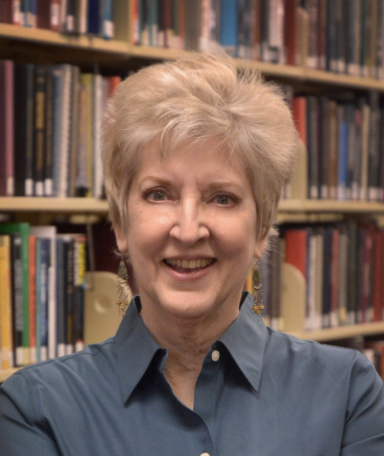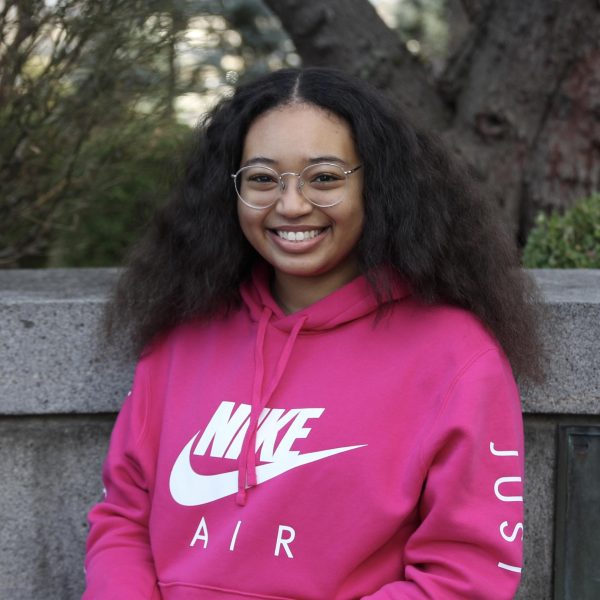Students often feel pressured into finding a major quickly, so there isn’t much time to explore interests when they are devoted to one field. At Washburn there are 13 interdisciplinary programs that allow students to add either a minor or a certificate to their major.
Interdisciplinary programs give students the opportunity to branch out into other fields of study in addition to their regular academic programs. It is a way to combine disciplines so that students can experience a more versatile education.
“It can really enhance your education because I think there’s a lot of value to looking at things from multiple perspectives,” said Kelly Erby, interim dean college of arts and sciences.
There is a wide range of interdisciplinary programs that students can choose from. There are ones based around community, conflict resolution and even game design. The programs typically begin after someone with passion for the subject comes forward to try and expand it.
“I love the idea of multiple disciplines coming together to have kind of a shared educational goal,” said Tonya Ricklefs, associate professor social work.
For some studies such as game design, it can seem challenging to try and make it a major program within the university. However, making it a minor is more plausible. The game design programs include courses from the departments of art, mass media and mathematics.
“I don’t know a single person who doesn’t play some sort of game on their phone. So, that means that everyone has a connection to it,” said Gaspar Porta, associate professor mathematics and statistics.
While interdisciplinary studies help students round out their interests, the programs often go unnoticed. There are hardly any students enrolling in these programs due to the lack of awareness.
“One of the things that make it hard is that it is interdisciplinary. So, you have to be aware of classes in lots of different places,” Porta said.
Some programs like the community studies minor, have just begun their journey at Washburn. Fall 2023 is the first semester this minor has been offered and has a total of three students enrolled.
“When I first was in a master’s program, I was exposed to community based research and I just thought this is the coolest thing ever,” said Jason Miller, professor sociology and anthropology.
The community studies minor used to be known as the poverty studies minor. Miller decided that his work was very similar, but encompassed more than what the poverty studies minor was able to offer the students. Therefore, the program was reimagined into the brand new community studies minor.
“By reframing and reimagining the poverty studies minor as community studies, we thought it would appeal to a broader base of students,” Miller said.
Other programs have had a longer history of being interdisciplinary. The peace, justice and conflict resolution studies minor has been at Washburn almost 20 years. Former faculty member Rachel Goossen gave the responsibility of the program to Ricklefs when she retired a couple years ago.
“When she handed it over to me, she says ‘we have no students in it.’ That’s one of the things she asked me to do is to start thinking of ways to make this minor, kind of bring it up to date and make it applicable,” Ricklefs said.
The peace, justice and conflict resolution minor has opportunities for internships and fits with students who plan to study abroad. Core courses for this minor include classes from the social work department as well as communication studies and history.
“It makes you more successful in navigating your career. I would say that this is a minor that also expands your perspective of humans internationally and that’s really going to be important,” Ricklefs said.
Students considering adding a minor to their educational path can check out Washburn’s website for more information about each interdisciplinary study.
Edited by Aja Carter and Sydney Peterson













